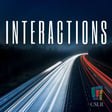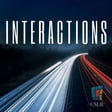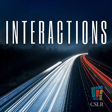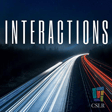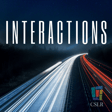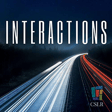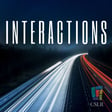
Monday Read: "Stop Accusing Religious Conservatives of 'Using' Religion"
In today's episode of Interactions, we hear from Raphael Friedman and his Canopy Forum Article "Stop Accusing Religious Conservatives of 'Using' Religion."
What happens when an individual or institution claims a religious exemption from a law that protects others' rights? LGBTQ+ rights, for example, or the rights of women? These are complex questions in the area of law and religion, and when these conflicts arise, the dialogue gets heated.
As with all emotionally charged debate, Friedman argues, the rhetoric we use matters--a lot. Certain terms leveled against conservatives carry the danger of distracting from the legal issues at stake.
If we are to have the chance of a productive debate, we can’t accuse religious conservatives of “using” religion.
To learn more, read the original article on Canopy Forum. You can purchase Professor John Witte, Jr.'s new book, "The Blessings of Liberty," here.
